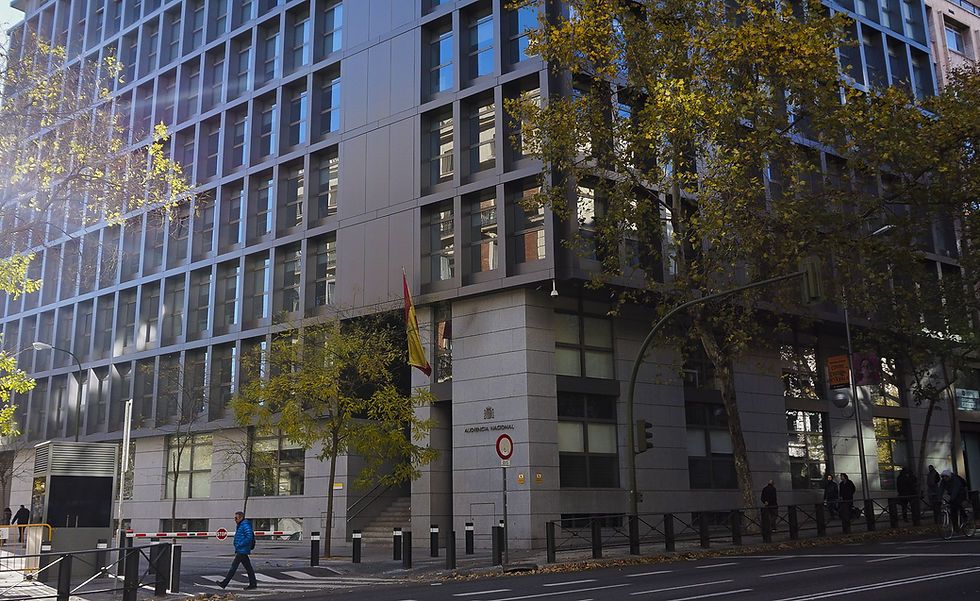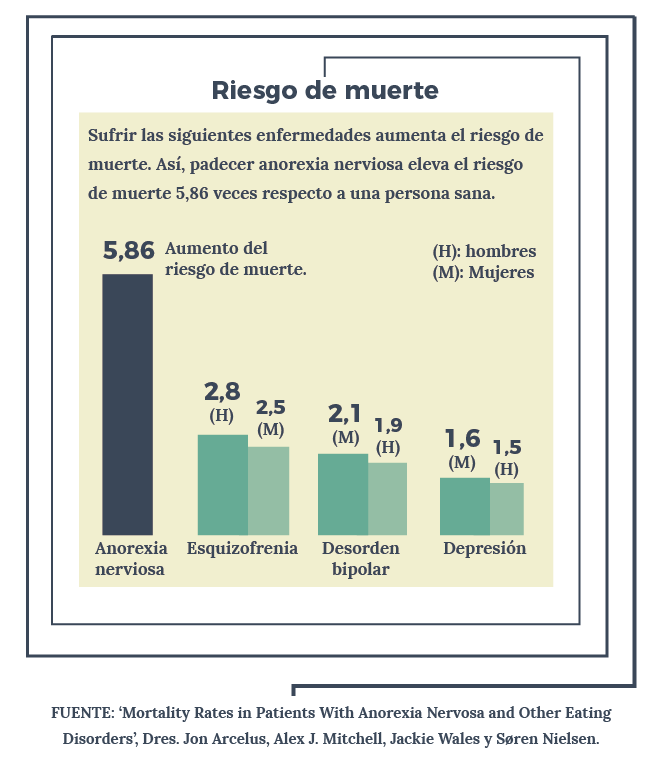El sistema judicial español
- eden kilgour
- Mar 5, 2021
- 2 min read
Updated: Mar 12, 2021
Como una estudiante de las lenguas modernas, las diferencias entre el sistema judicial inglés y el sistema judicial español me interesan mucho. La mayoría de los sistemas legales en el mundo caben en dos categorías: el derecho civil (en que la ley española pertenece) y el derecho común (en que la lay inglesa pertenece).
El sistema legal español (civil o continental) se origina en la ley romana. El derecho civil, mientras se apoya principalmente en leyes y reglamentos, y menos en el jurado, todavía es un derecho complicado ya que las leyes de las comunidades autónomas deben coexistir con la Ley Federal. Aunque España se divide en diecisiete comunidades autónomas, todas tribunales pertenecen al estado y se dividen en los tribunales nacionales, como la Audiencia Nacional, que tiene jurisdicción en todo el país, los tribunales superiores de justicia y los audiencias provinciales. La tribunal depende de la gravedad del delito.
El derecho civil se basa a menudo en el libro y se aplica los hechos al problema en cuestión: se compone de códigos legales (el código civil, el código penal, el código comercial). Las principales profesiones jurídicas en España son los fiscales, los jueces y magistrados, los abogados, notarios, letrados de la administración de justicia, y los procuradores, todos con sus propias tareas.
El sistema se rige por el Consejo General del Poder Judicial, que es responsable de supervisar todo el trabajo de los tribunales españoles, y asignar jueces y magistrados. Se compone de doce jueces y ocho juristas.
English Translation (La traducción inglesa):
As a modern languages student, the differences between English judicial systems and Spanish judicial systems interests me greatly. Most of the world's legal systems fit into one of two categories: Civil Law (in which Spanish law belongs) and Common Law (in which English law belongs).
The Spanish (civil/continental) legal system itself originates in Roman law. Civil law, whilst it is supported mainly by laws and regulations, and less by the jury, it is still a complicated law since the laws of the autonomous communities must coexist with the federal law. Although Spain is divided into 17 Autonomous Communities, all courts belong to the state, and are divided into National Courts (like La Audiencia Nacional), which has jurisdiction over all the country, the higher courts of justice and the provincial hearings. The court depends on the severity of the crime.
Civil law is often based on the book and applies the facts to the problem at hand: it is composed of legal codes (civil code, penal code, commercial code). The main legal professions in Spain are the prosecutors, judges and senior judges, lawyers, notaries, court registrars, land and business registrars and legal representatives all with their own specific tasks.
The system is overseen by the Consejo General del Poder Judicial (literally: General Advice of Judicial Power), which is responsible for supervising the work of all the spanish courts and assigning judges and magistrates. It is made up of 12 judges and 8 jurists.

La Audiencia Nacional

Comments